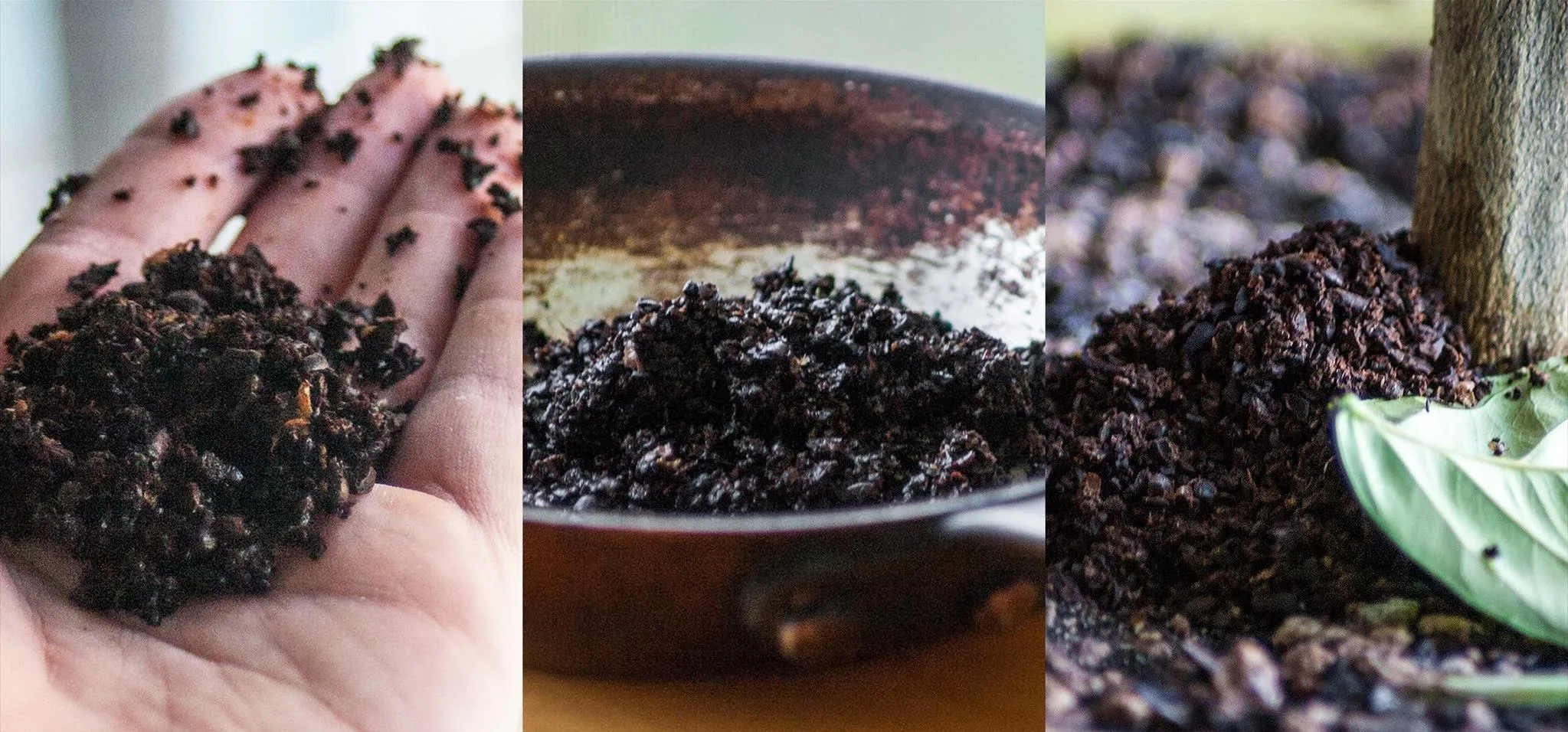The Discard Coffee Grounds in the Sink? Yes? Not - Insights
The Discard Coffee Grounds in the Sink? Yes? Not - Insights
Blog Article
We have uncovered this great article about Can You Put Coffee Grounds in the Sink Garbage Disposal? down the page on the net and believe it made perfect sense to share it with you on this site.

If you're a passionate coffee enthusiast, you might be questioning the best method to dispose of your coffee grounds. While it might appear practical to clean them down the sink, this practice can result in numerous problems for both your plumbing and the atmosphere. In this write-up, we'll discover whether it's secure to place coffee premises down the sink and go over different disposal methods to think about.
Alternatives to Disposing of Coffee Grounds
Garbage Disposal
If you do not have a composting arrangement, an additional option is to just toss your coffee grounds in the trash. Make sure to secure them in a compostable bag or container to prevent odors and leak. While this approach doesn't use the very same environmental benefits as composting, it's a risk-free and practical means to get rid of coffee grounds.
Composting
One environmentally friendly option for throwing away coffee premises is to compost them. Coffee grounds are rich in nitrogen, making them a superb enhancement to compost piles or containers. As they decay, they include nutrients to the dirt, improving its fertility and appearance.
Dangers of Putting Coffee Grounds Down the Sink
Plumbing Issues
One of the key worry about getting rid of coffee premises down the sink is the threat of blocking your pipelines. Coffee grounds do not liquify in water and can build up in time, developing a dense sludge that can block drains pipes and cause expensive plumbing repair work.
Environmental Impact
Past the potential damage to your plumbing, placing coffee grounds down the sink can also harm the setting. When cleaned right into the sewage system, coffee premises can add to obstructions in sewage system lines and treatment centers. In addition, the high focus of organic matter in coffee premises can deplete oxygen degrees in waterways, adversely affecting aquatic life.
Tips for Proper Disposal
Regular Maintenance
Despite just how you select to deal with your coffee grounds, it's important to preserve your plumbing routinely. Schedule routine drainpipe cleanings to get rid of any kind of buildup and make certain that your pipelines continue to be clear and free-flowing.
Make Use Of a Sink Strainer
To stop coffee premises from entering your sink's drainpipe in the first place, consider making use of a sink strainer. These inexpensive tools catch solid fragments, consisting of coffee premises, stopping them from triggering blockages.
Conclusion
While it might be tempting to clean coffee premises down the sink for convenience, doing so can have severe consequences for your plumbing and the setting. Rather, consider composting your coffee premises or taking care of them in the trash. By adopting responsible disposal techniques, you can enjoy your coffee guilt-free while decreasing your ecological footprint.
Coffee Grounds Down The Drain: Are They OK?
Can Coffee Grounds Go Down the Sink?
You may be thinking, “But I pour them down the sink drain every day and I’ve never had a clogged drain!” You see, coffee grounds come from coffee beans, which are virtually rock hard by the time they’re ground and brewed. You certainly wouldn’t want to grind up the pit from a peach, apricot, or nectarine that is about just as hard because they wouldn’t break down like other foods, and it’s the same with coffee beans!
If you usually grind coffee beans in the garbage disposal because it seems the cleanest and convenient, we don’t fault you for that. And anyone who has ever had to clean up the trash with spilled coffee grounds after a dog got into it would understand the rationale. Unfortunately, coffee grounds do not break down in water, so instead of grinding up and washing away as normal foods do in a garbage disposal, they clump together and as time goes by, the grounds can form a clump and pack the drain until it develops a clog.
What to Do With Coffee Grounds
So, what do you do with coffee grounds if you can't put them down the drain? You could of course just throw them in the garbage, but we encourage you to give these practical uses for them a try!
Since coffee grounds contain key minerals for plant growth, you can use them to fertilize your garden. Coffee grounds not only fertilize gardens because they are mineral-rich, but they are also great at absorbing contaminants in the soil, particularly heavy metals. Coffee grounds are said to attract worms, which help gardens flourish. You can use coffee grounds as fertilizer by sprinkling them around your plants. You can compost your coffee grounds and use them at a later time. Coffee grounds are great insect repellents when you place them in bowls or sprinkle them around the areas you want to repel insects. To remove fleas from your dog or cat, simply shampoo your pet then rub coffee grounds throughout their fur. Rinse them off and dry as usual. Like baking soda, used coffee grounds can eliminate odors. You can place them in a bowl in the fridge and let them do the work! Mix coffee grounds with coconut oil for a wonderful face or body scrub, or to reduce the appearance of cellulite. https://www.wintershomeservices.com/blog/2019/august/coffee-grounds-down-the-drain-are-they-ok-/

Do you enjoy reading up on Can Coffee Grounds Go Down the Drain or Sink?? Try leaving a comment down the page. We would be pleased to find out your ideas about this piece. We hope that you visit us again soon. Sharing is nice. Helping people is fun. Thank-you for taking the time to read it.
Further Details Report this page